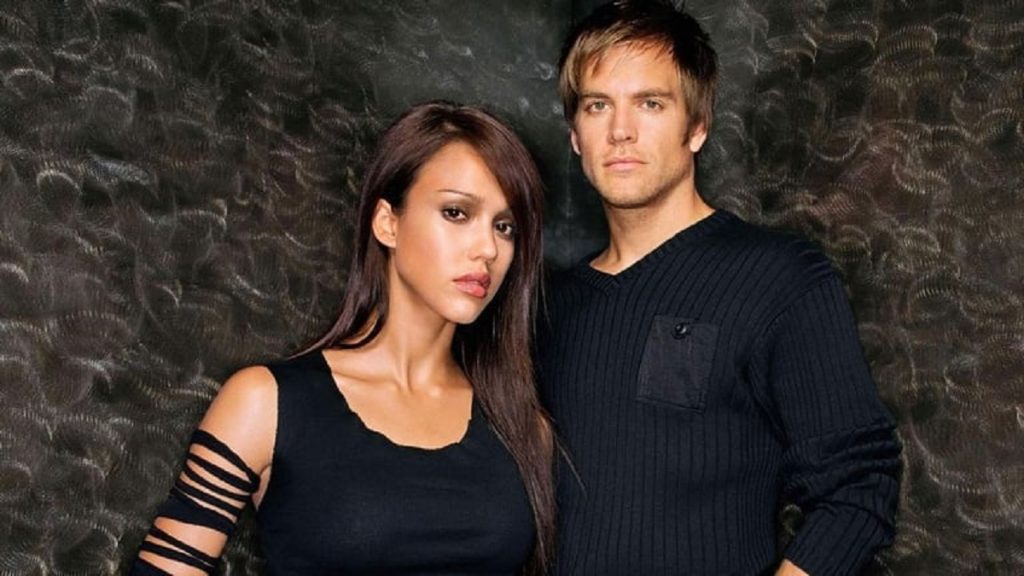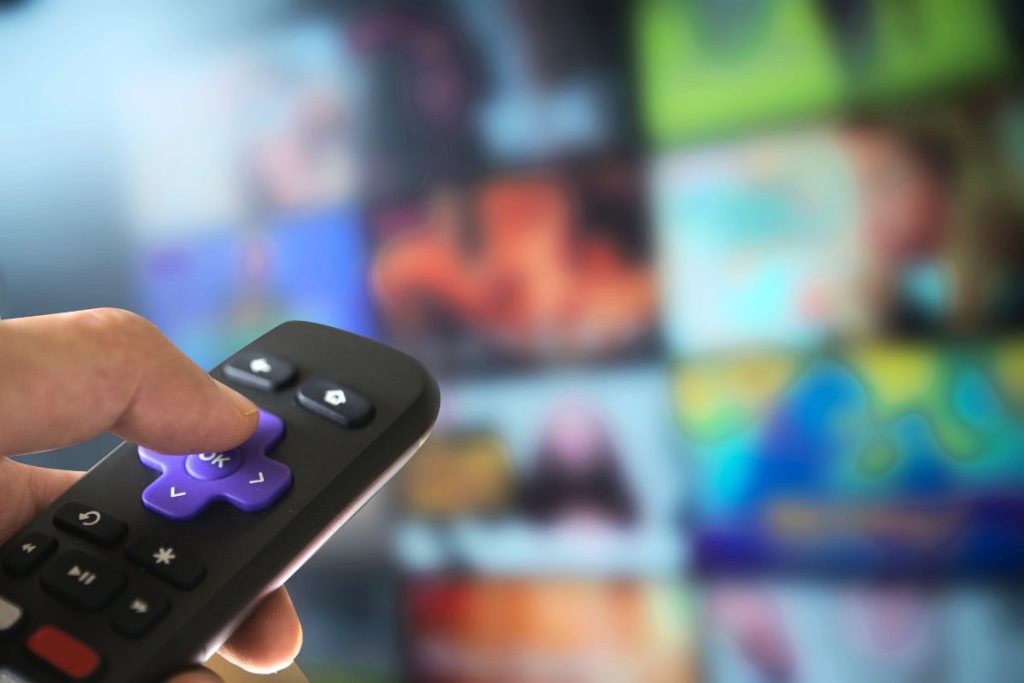James Cameron, the genius behind some of the most iconic sci-fi and action films of all time, is widely recognized for his groundbreaking work on movies like The Terminator, Titanic, and Avatar. But not many know that, outside the world of film, Cameron also ventured into the realm of television. In 2000, he co-created Dark Angel, a series that brought his cinematic vision to the small screen and captivated millions of viewers.
Set in a dystopian Seattle in 2019, Dark Angel centers on Max Guevara (played by Jessica Alba), a genetically enhanced supersoldier who escapes from a secret government facility called Manticore. As she tries to lead a normal life working as a bicycle courier by day and a burglar by night, Max also seeks to find her genetically modified “siblings” scattered after their escape. While Dark Angel may not be the typical Cameron fare, it still bears the distinct mark of his creative prowess.
The show was a thrilling blend of cyberpunk, biopunk, and superhero tropes, drawing inspiration from manga like Battle Angel Alita (which Cameron had originally planned to adapt into a film). Despite its cult following and praise for its engaging storytelling, the show only lasted for two seasons. But even so, Dark Angel left an indelible mark on fans and critics alike.
An Iconic Performance and a New Vision

One of the main reasons Dark Angel garnered attention was Jessica Alba’s performance as Max. At the time, Alba was a rising star, and the series helped launch her career, giving audiences a chance to see her in a role far more complex than anything she’d done before. Her portrayal of Max, a character who struggles with her past and her genetically enhanced abilities, was both tough and vulnerable, creating a deeply human story amidst the sci-fi backdrop.
The character of Max wasn’t the only standout—Michael Weatherly, best known for his role as Tony DiNozzo on NCIS, played Logan Cale, a cyber-journalist who becomes Max’s partner in fighting corruption. Their chemistry brought a refreshing dynamic to the series, with Logan trying to help Max while also grappling with the moral complexities of their situation.
A Show Ahead of Its Time
What truly set Dark Angel apart from other sci-fi series was its blend of genres and its ability to balance action with thought-provoking commentary. Cameron’s interest in political and social issues, including themes like government control, corporate greed, and class struggle, brought a layer of depth to the narrative that was uncommon for shows of the time. The show’s unique world-building created a gritty, futuristic setting where characters like Max were not just fighting for survival but also for a sense of identity in a world that viewed them as expendable.
However, despite the initial success, the second season faced criticism, with many citing a decline in quality and interest. This could have been influenced by global events like the 9/11 attacks and the Enron scandal, which made the show’s futuristic world feel a bit too close to home. Ultimately, Dark Angel was canceled after its second season, leaving fans wondering what could have been if the show had continued.
Cameron’s Rare TV Venture
As one of the most successful filmmakers in history, it’s no surprise that Cameron’s venture into television was both ambitious and full of potential. After all, Cameron’s films had already redefined the blockbuster genre, blending cutting-edge technology with compelling narratives. But Dark Angel was his one and only foray into television production. While the show was ambitious, it also had Cameron’s unmistakable touch—an intricate plot, well-developed characters, and a sense of realism in a fantastical setting.
It’s clear that Cameron’s influence on Dark Angel was profound, but as an innovator with a vision, it’s no surprise that the show didn’t last. His exacting standards, often described as “intransigent” and “dictatorial,” were likely factors in the high production values but also contributed to the challenges faced by the series. Despite the show’s cancellation, it remains a significant part of Cameron’s legacy, showcasing his willingness to explore new territory beyond the silver screen.
Dark Angel: A Cult Classic That Continues to Spark Conversations
Though the series ended over two decades ago, Dark Angel still holds a special place in the hearts of fans. It remains the only television show ever created by James Cameron, and its impact is still felt today. The series not only helped launch Jessica Alba’s career but also offered a bold narrative that was ahead of its time. It broke barriers by featuring complex characters and themes that were rarely explored on television, especially at the turn of the millennium.
For those who missed it during its original run, Dark Angel is worth revisiting. It’s a compelling blend of action, sci-fi, and social commentary, all wrapped up in a thrilling package that continues to entertain new generations of viewers. And while we may never see Max Guevara and Logan Cale on-screen again, the show’s legacy continues to live on in the world of cult sci-fi television.


